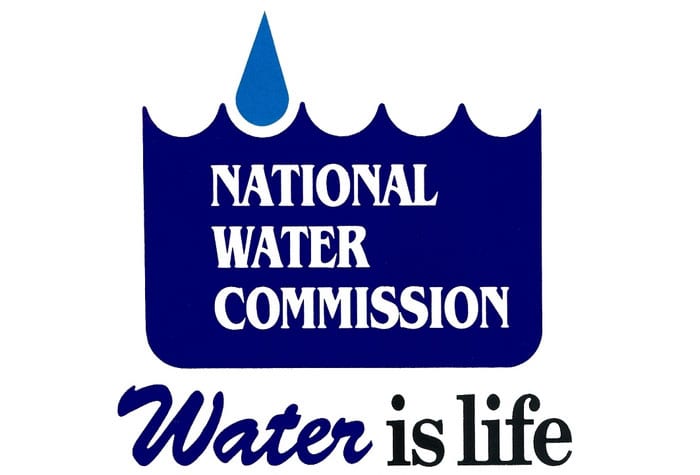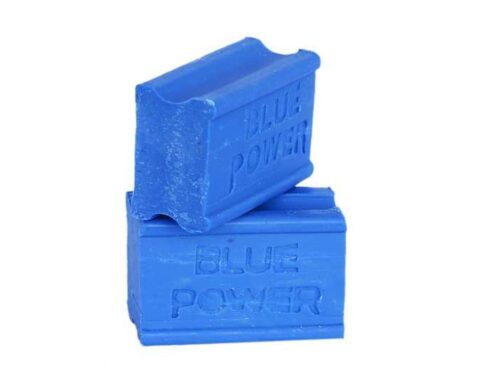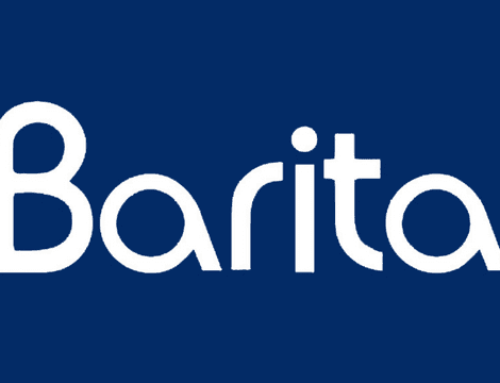
COVID-19 compounds delinquency at NWC
President of the National Water Commission (NWC) Mark Barnett said the COVID-19 crisis has significantly compounded the issue of delinquency among customers.

Mark Barnett, President of the National Water Commission (NWC)
He said although the utility was already plagued with the problem of non-paying customers, the pandemic forced the company to go down to as low as 69% per month compared to more than 88% before COVID-19. He said the company lost some $250 million per month in the early stages.
Mr Barnett said under normal circumstances, the NWC would collect $2.5 billion dollars per month; however, the crisis saw that figure falling as low as $1.7 billion.
“We just started to move to $2.1 billion per month,” said Barnett.
“A drop in cash of $300 million per month has caused a ripple effect in meeting certain obligations,” he added.
The NWC provided relief to delinquent customers through its COVID-19 Assistance Programme (CAP) earlier this year, but with that facility now closed, the company has started to aggressively pursue those who still have outstanding balances.
Barnett said a decision was taken to target those who did not take up the offers under CAP.
“We’re coming to you as much as possible because you didn’t hold up your end of the bargain when we gave you this easy period for you to just be responsible,” he said.
In the meantime, Mr Barnett has linked the development and structure of the company over the years as part of the problem leading to the delinquency of customers in paying for their water supply.
Barnett reasoned on Taking Stock with Kalilah Reynolds that while water remains the cheapest commodity on the island, only a limited group of people is willing to pay for it because of how some people still view the company.
“It has to do with how we developed the water supply system in the past and where we are now,” he said, indicating that there was a period when “everything was basically free”. Barnett was referring to the time when the supply of water was controlled by Parish Councils (now called Municipal Corporations).
The NWC President said he doesn’t believe the population was properly prepared for the NWC becoming a commercial Government agency. He argued that while access to water remains a social right, there must be some recognition for the economic value of the product as it’s consumed.
“The raw material is relatively free but the process to take it where you are is where the dilemma is and that is part of what needs to be paid for,” he said. The cost of that provision plus the rate of consumption are calculated to get to the final charge on your bill.
Barnett says the company’s energy cost alone amounts to between $550-$725 million per month, including GCT. He added that it would require at least $30 billion to run the company at optimal levels.
Additionally, Mr Barnett reasoned that many customers are not even paying the true cost of the commodity unless they use more than 5,000 gallons per month.
“Domestic customers are cross subsidized based on our rate. It is no secret that our commercial customers provide a subsidy for our domestic users and in addition, lower consumption domestic users are also subsidized by higher consumption domestic users,” said Barnett.
Meanwhile, the water utility President said NWC was never properly capitalized when it was formed, noting that the company will require restructuring, especially if talks about privatization and listing on the Jamaica Stock Exchange (JSE) are to materialize. If that were to happen, he said a safety net would also have to be considered to protect customers.
“What it means is that we have to look at the whole NWC Act, debt, and the operational modality,” he said.
As for the current flow of water, the NWC President said the company has been in good stead and he expects a much better Christmas for customers than in previous years. He admitted that there could be disruptions from breakages, but he said the company will be working overtime to ensure the benefits from the recent rains can be reaped.
-END-
Watch full discussion here:
Ask The Analysts
The Cast David Rose Business Writer, Observer Leovaughni Dillion Investment Research & Sovereign Risk Analyst at JMMB Group
R.A. Williams to list on JSE
The Cast Audley Reid CEO R.A. Williams Distributors Julian Morrison Founder, Wealth Watch JA













Leave A Comment